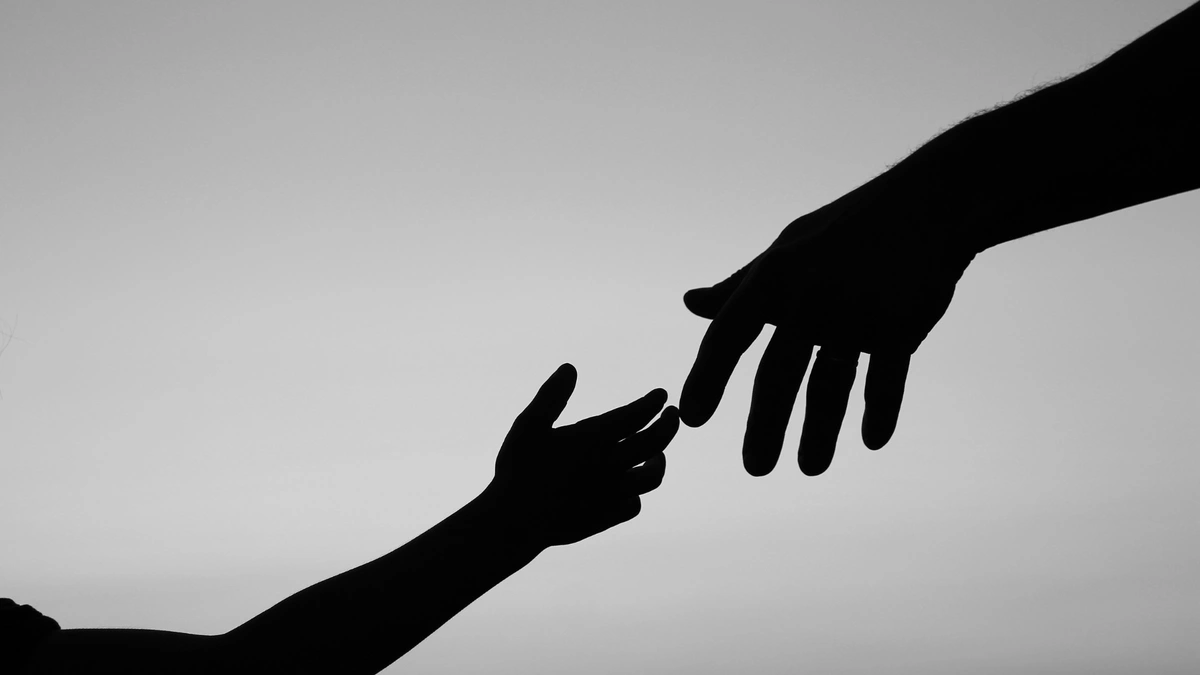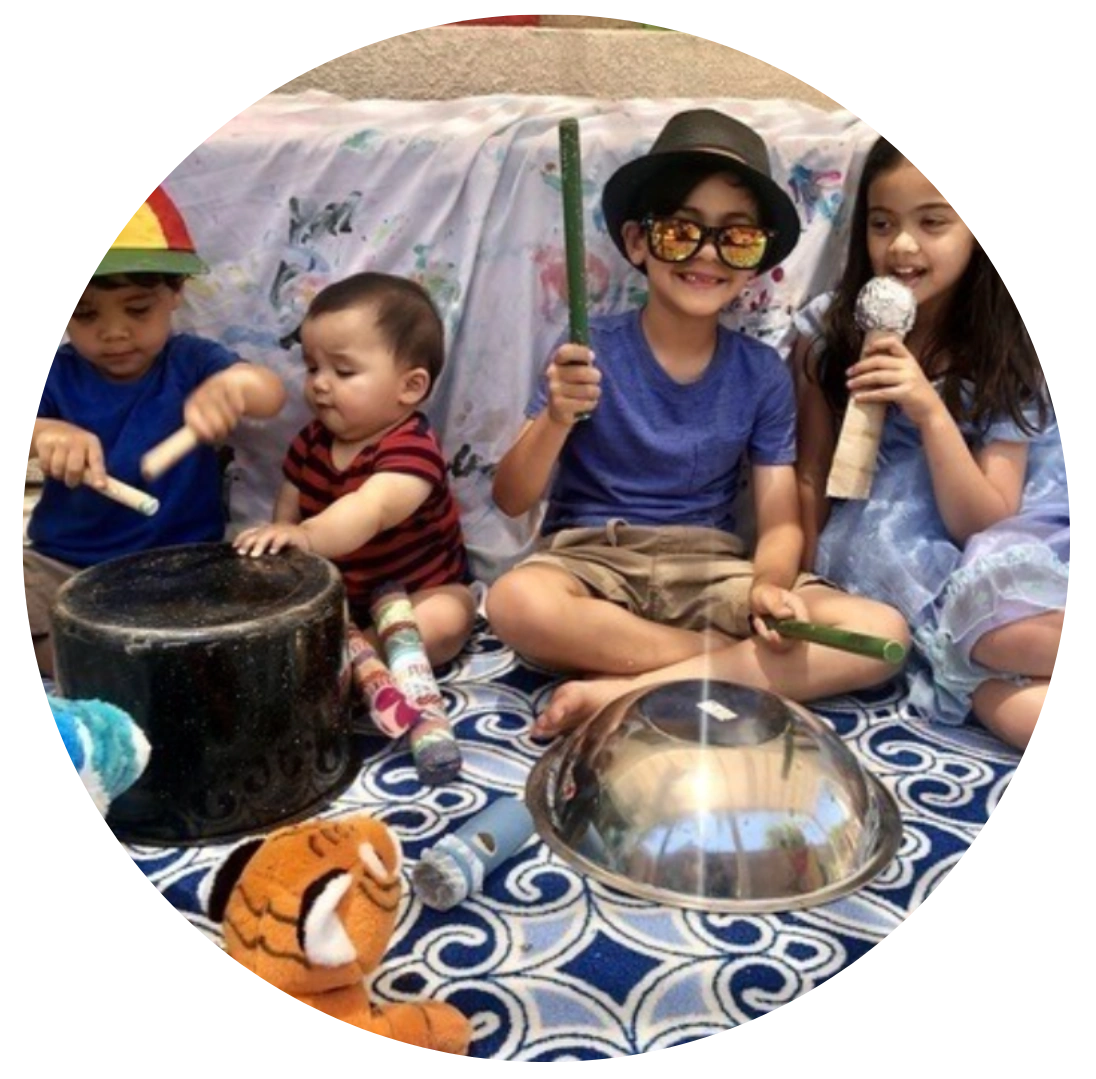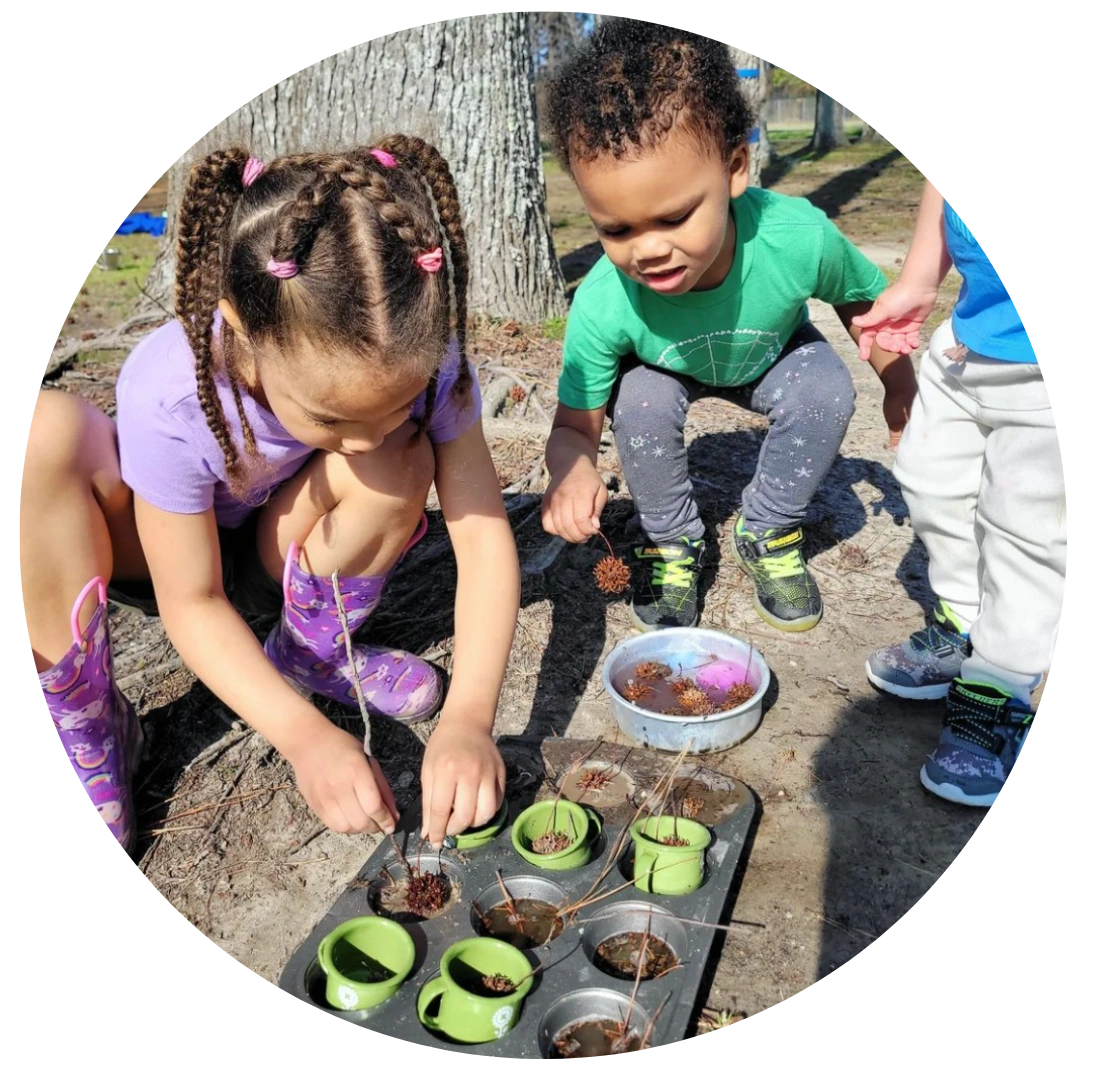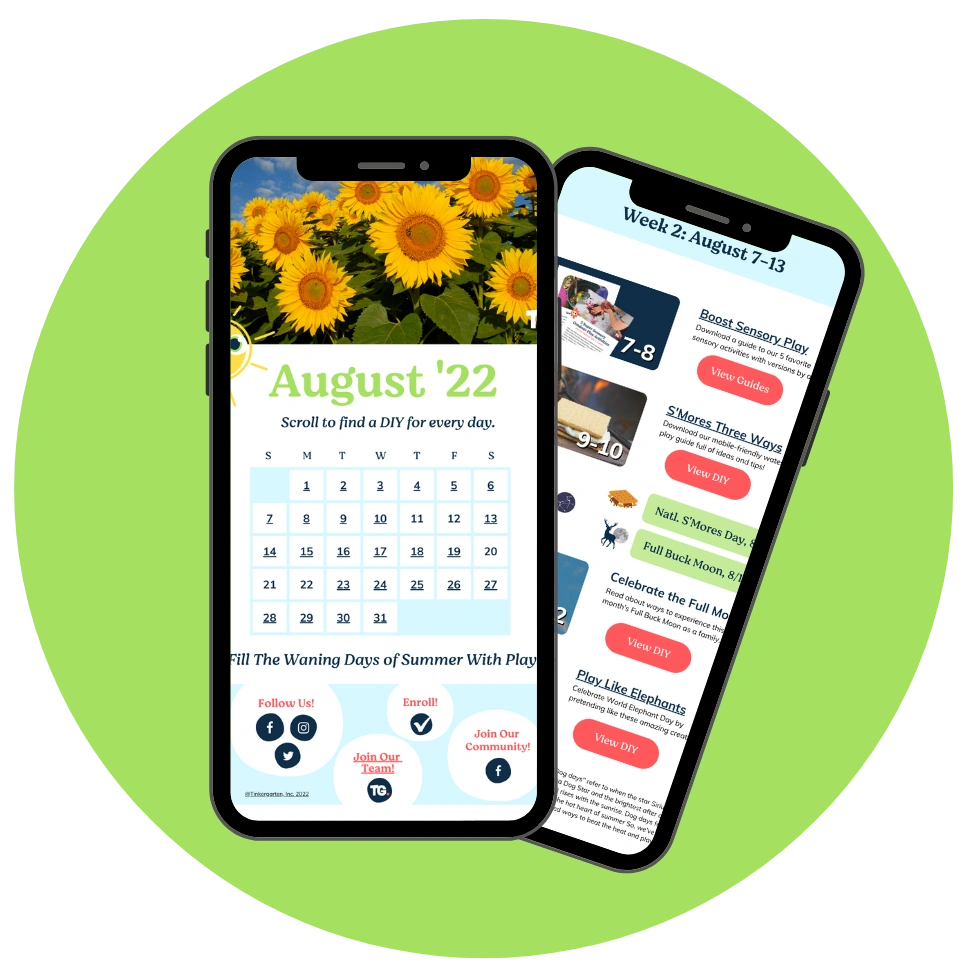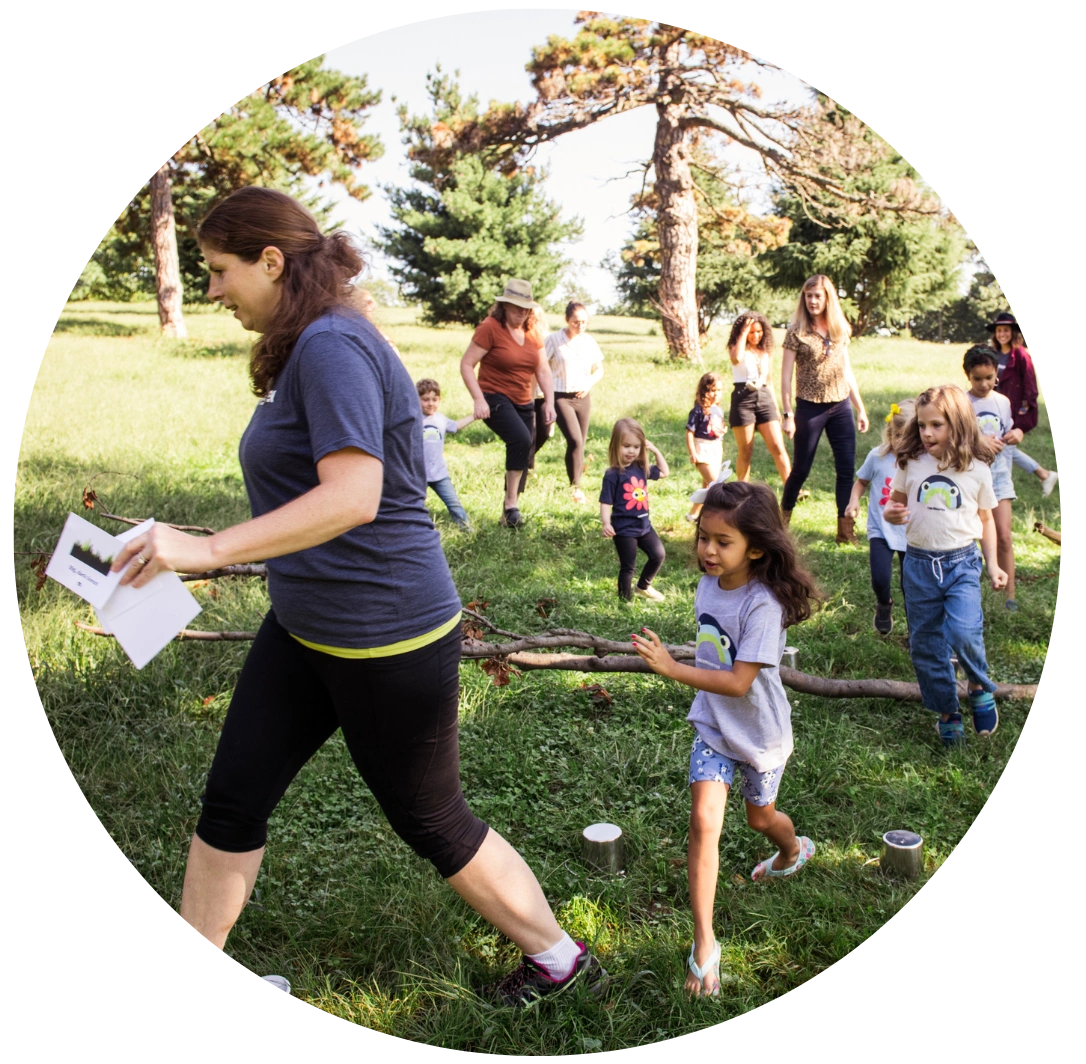I haven’t worked in a school building for nearly a dozen years (my classroom has no walls!), but back-to-school remains my New Years—a time defined by a fresh breeze, fresh notebooks, and fresh starts. However, this year, this moment feels a bit different, with study after recent study illuminating the pandemic’s impact on our kids.
Each child is unique, and everyone’s experience of pandemic is different. I’ve seen it all impact each of my three kids in various ways, and I know that how our family was impacted is our own story. But, we all share in the fact that research consistently shows a significant impact on major areas of development across populations of kids. On the whole, whether kids were “COVID babies” or at older stages, pandemic isolation and stress have been detrimental to their mental health as well as aspects of their physical, social/emotional and cognitive development.
Even though it feels really heavy to process this kind of impact, the more I’ve dug into the trends, the more it has helped me direct where to focus in support of my own kids and in my work as an educator. Kids today have lived through a most unique moment in time, and the better we can understand where they are as a result—alarming though that may be—the better we can nurture them to grow and thrive. Plus, no surprise, so many roads lead us back to time outside and time to play–and if there is to be good out of this pandemic, part can come from our renewed understanding of how essential those two powerful forces our in kids (and our) lives.
Worrisome Trends Abound.
Alia Wong’s recent article for USA Today provides a helpful overview of the stark uptick in developmental delays and behavior challenges exhibited by your “COVID babies”—those kids born just before and during the pandemic. According to recent studies, this cohort is scoring lower on average on verbal, gross motor, fine motor, social and problem-solving skills than those born pre-pandemic. Kids are walking and talking later, and we’re seeing the number of referrals for early intervention nearly triple for this cohort.
Another recent article by Melinda Wenner Moyer on Nature.com lays out a wide range of research into how the pandemic has impacted kids at different stages of development. It also reminds us that there is hope, surfacing existing studies of kids in different but potentially related situations who have been able to overcome early developmental deficiencies when given strong adult and peer support.
Teachers and school leaders are also describing how kids are struggling with mental health and how schools are needing to stretch to support increasing levels of childhood depression and anxiety. Though these were on the rise for years, the stress and grief experienced in have amplified these problems.
Whether your kids are COVID babies or older, the pandemic has impacted the development of their minds, bodies and hearts. That’s why I’m also so eager to share some good news with you.
Play Provides an Answer.
Science tells us that it is through play that children develop the social, emotional, physical and cognitive skills they need to learn and thrive. And, during the early years, when 90% of the brain develops, play literally leads to changes at the molecular, cellular, and behavioral levels, according to the American Academy of Pediatrics.
Research suggests that play can be used as a tool to close achievement gaps in children of preschool age and early school ages as well. One recent report, which analyzed 26 studies from 18 countries, found that children showed significantly greater learning gains in literacy, motor and social-emotional development when attending child care centers that use a mix of instruction and free and guided play as opposed to those that focus solely on academics.
Play is so critical to human development, in fact, that the United Nations lists it as one of the basic rights of every child, advocating that play plays an essential and equitable role in our lifelong pursuit of happiness and wellness.
In their recent LEGO Play Well Study The LEGO Foundation also gave us additional proof to what we feel all the time—families that play together, thrive together. Almost every parent surveyed (95%) reported that play helped them bond and communicate better with their kid and made the whole family happier. And around 9 in 10 (92%) said play boosted their own well-being as well as their children’s. The effects were echoed by kids surveyed, too— 95% of whom said play helped them learn, de-stress outside school, and gain confidence to try new things.
To give kids the boosts they need, educators and parents alike can build in chances for kids to play and learn in supportive social groups—either through the school and enrichment choices they’re making or through the way they are spending time as a family and in their community of friends and neighbors.
Time Outdoors Transforms.
Time spent in nature can also soothe kids and help them make gains—something that is always true, but even more important for helping to reduce negative effects of the pandemic. Children are particularly vulnerable to the impact of stress and stress hormones—something researchers believe may be part of the negative pandemic effects we’re seeing. When kids get outdoors, they enjoy reduced anxiety and enhanced mood. The same goes for us adults.
Outdoor settings also provide kids’ sensory systems with an ideal mix for learning, because the outdoors is both stimulating and calming at the same time. In fact, more and more, we’re seeing how “green time” increases kids’ ability to self regulate and focus, especially in kids who have diagnoses like ADHD. And, we know that kids learn more when they feel settled and able to focus—two things that are essential for learning. So getting outdoors—no matter how you get out there, can make a world of difference for kids' bodies, minds and hearts.
But, time outside also provides gifts beyond making us healthier, calmer and more ready to get the most out of whatever learning kids are engaged in. It unlocks a world of wonder and connects us to our planet, to the wisdom of those who have come before us and the magic of the way our world works. What could be better gifts?
We Can Help.
At Tinkergarten, we are in the business of helping all families get out and spend purposeful, restorative and inspiring time outside. Here are a few ways to get started:
Want easy ways to add a little more outdoor play into your family/friends routine? Check out our Free August Play Calendar (September’s launches next week, too!).
Or, join us this Fall for Tinkergarten class and learn and play outside with other families in your community. Plus, this season’s 9 live lessons and at-home curriculum are expert designed to help your explorers build a healthy “Body, Mind and Heart.”
See what programs we offer near you.
Other Helpers Are Out There, Too.
Here are a few of our favorite inclusive and equitable resources designed to help all families and educators add more play and outdoor time into their lives:
- LEGO Foundation
- National Association for the Education of Young Children | The Importance of Play
- Children & Nature Network
- Free Forest School
- Outdoor Alliance for Kids
